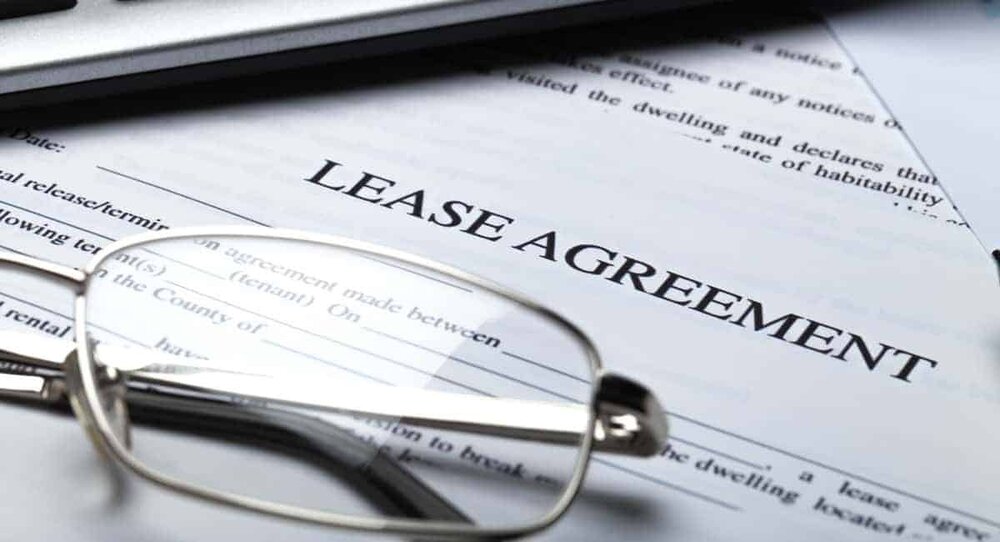The impact of the Covid-19 will result in many disputes between landlords and tenants. In particular, the non-payment of rent and rent arrears will be a frequent issue. It will be up to the parties to a commercial lease to reach an agreement in relation to any rent arrears or any variation to the rent. However, this will depend on the Parties’ attitude and their willingness to reach an agreement.
The alternative option available are to forfeit the lease and thereafter pursue the tenant in debt recovery proceedings.
Rent Variation
It will be a matter for the landlord to agree a variation to the rent if such a proposal is made by the tenant. It will all depend on the circumstances at hand whether such a variation is mutually beneficial for the parties.
A tenant who is intending to negotiate some type of reduction or arrange an alternative payment schedule, should immediately inform the landlord and open up such discussions.
In the event an agreement can be made, such variations should be documented by way of deed of variation or side letter to the lease. Having this document in place will ensure all amendments to the lease are properly detailed in writing and will be clearly available should any other issues arise thereafter.
No Agreement on Rent Arrears
If no agreement is reached and rent arrears persist, the landlord should carefully review the lease and all ancillary documentation before acting.
The initial step is to issue a demand letter seeking payment of the rent within 7 days and warn that legal proceedings will issue in default of payment. The demand letter should refer to the lease and state the breach of the tenants covenant to pay rent. If payment is not made within the specified time the landlord may forfeit/determine the lease and peaceably take back possession, call in any guarantees and/or issue proceedings against the tenant.
Forfeit Lease
The landlord may seek to forfeit the lease and recover possession of the property for the failure of the tenant to pay rent. Firstly, it is prudent for the landlord to serve a forfeiture notice, giving the tenant an opportunity to remedy the breach.
If the breach is not remedied within the time specified in the notice, then the landlord is entitled to take possession of the premises. The landlord must only renter if it can be done peaceably.
If the landlord is unsuccessful or it is not possible to re-enter peaceably, the remedy available to the landlord is to issue an ejectment civil bill based on forfeiture and to seek an order for possession by the court.
The landlord should note, the courts may give the tenant further time to remedy the breach before granting the order for possession and the tenant will also have an option to seek relief against forfeiture in court. Accordingly, it is very important the landlord acts reasonable when taking steps to forfeit the lease, especially in the current circumstances, as it is likely that a court will be sympathetic to a tenant during Covid-19.
Debt collection – Summary Summons
The landlord may also pursue the tenant for the outstanding rents due. The summary summons procedure is the most appropriate manner to recover an outstanding debt or liquidated sum. This procedure can result in a fast-track resolution of the proceedings.
Conclusion
In these unprecedented times, landlords and tenants should take steps to safeguard their position.
The implications can be very significant if the correct steps are not taken. Parties to a lease do have options open to them and they should seek legal advice to examine these various options.
Anthony Joyce & Co Solicitors commercial property solicitors are available to discuss any commercial lease queries that you may have.




